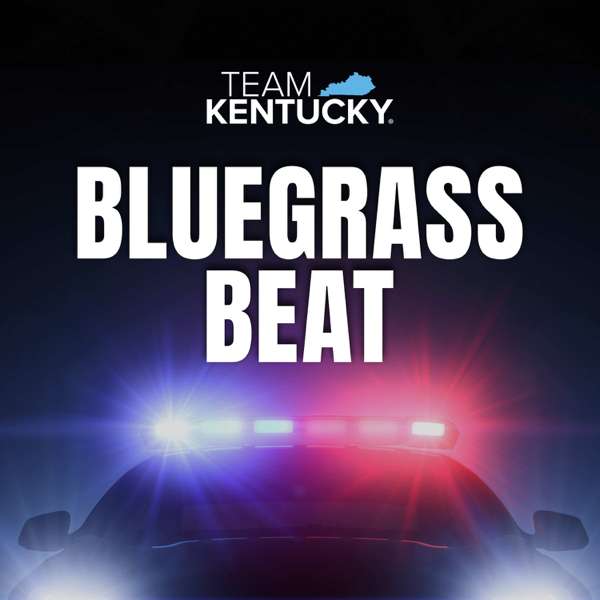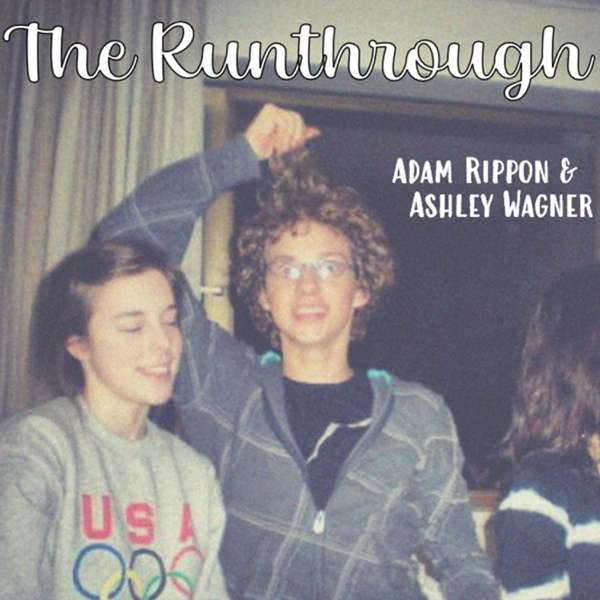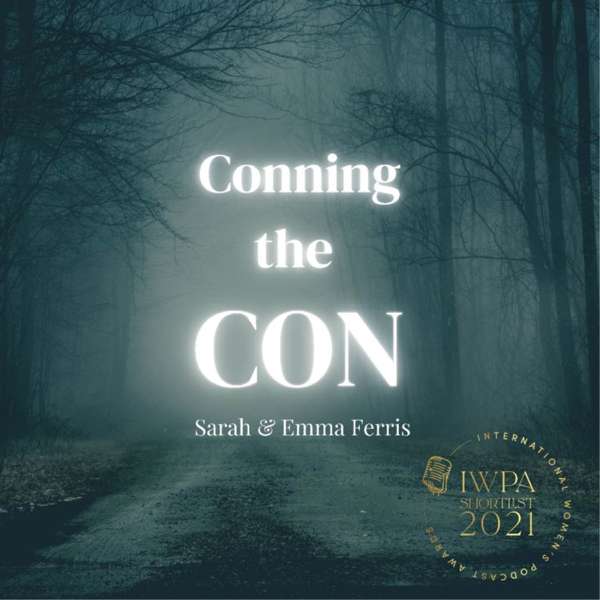On this edition of Talking Michigan Transportation, Lloyd Brown joins the conversation again to discuss what we learned from the Jan. 21 Senate confirmation hearing for Transportation Secretary nominee Pete Buttigieg.
Brown, director of communications for the American Association of State Highway and Transportation Officials, says the mostly amicable hearing and bipartisan respect for Buttigieg reflects the former South Bend mayor’s skill at building relationships.
In fact, Sen. Jon Tester, D-Montana, called Buttigieg’s testimony "damn refreshing."
"You have put on a clinic for how a nominee should… act," Tester said. "You haven't avoided the questions. You've been straightforward. And you know what the hell you're talking about."
Buttigieg’s hearing comes during a time of renewed optimism for a long-term infrastructure initiative. Observers have heard that before with bipartisan agreement that our nation’s roads, bridges and other infrastructure need work but no such agreement on how to generate more revenue.
Still, speaking on the New York Times "The Argument" podcast, Jared Bernstein, an economic adviser to President Biden, said he heard a desire to get something done on infrastructure from some Republican lawmakers during the previous administration.
"There are lots of Republicans who would like to invest in infrastructure, but Trump never had a plan," Bernstein said. "They said they had a plan. It was an asterisk. It was meaningless."
One idea being discussed would implement a carbon tax to help fund infrastructure. Some business leaders, including a former Dow Chemical CEO, are among the advocates.
At his confirmation hearing, Buttigieg spoke of his support for public transportation, complete streets, and called himself a fan of passenger rail.
"I'm probably the second biggest passenger rail enthusiast in this administration," he said, a reference to President Biden's years of riding Amtrak from Delaware to Washington, D.C.
Buttigieg also talked about the country's "auto-centric" history at the expense of other modes, while also putting an emphasis on safety. Safety advocates have noted, however, that candidate Biden’s transportation plan did not include a Vision Zero statement.
On Wednesday, Jan. 20, the nation's largest roadway safety coalition and traffic safety leaders sent a letter to the president calling for a commitment to zero deaths by 2050.
Photo courtesy of AASHTO.

 Our TOPPODCAST Picks
Our TOPPODCAST Picks  Stay Connected
Stay Connected







